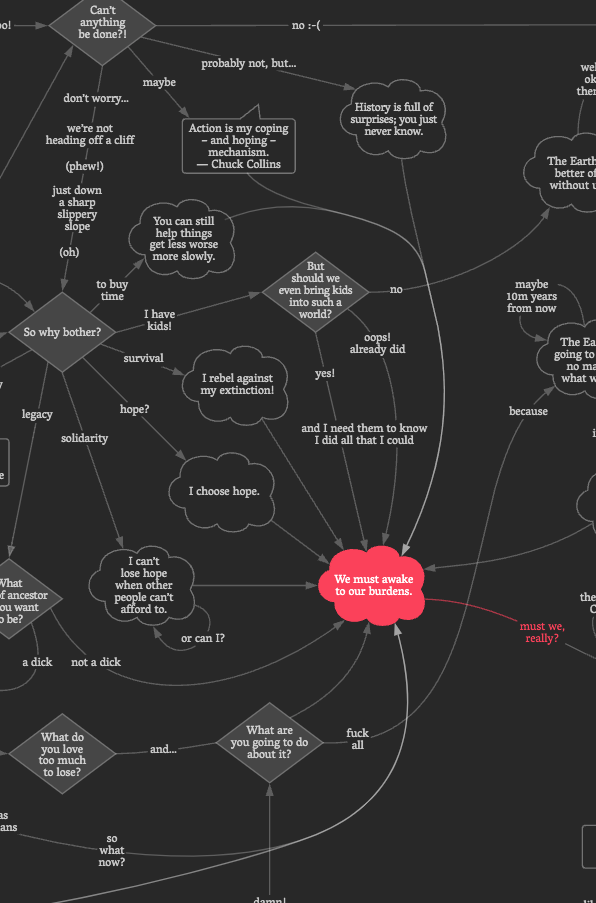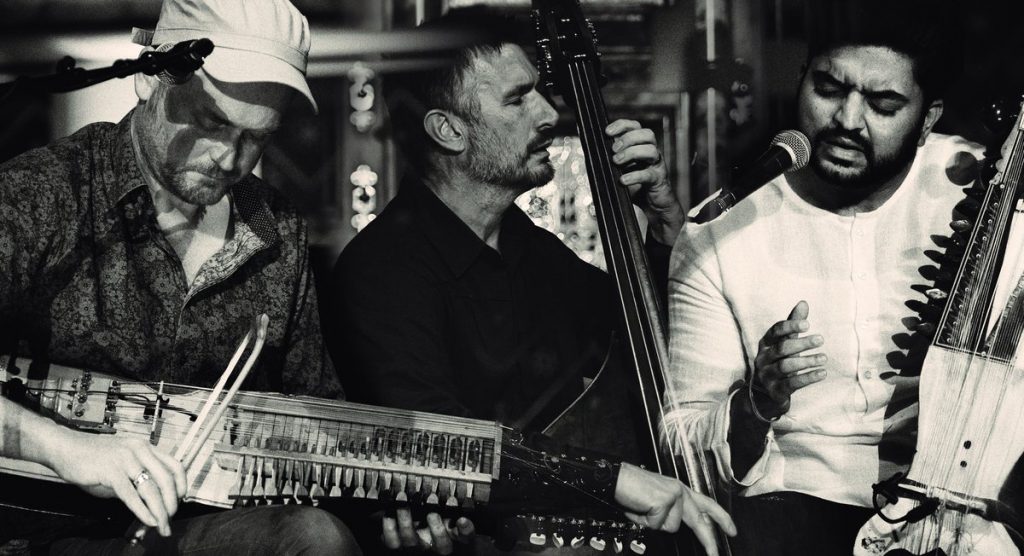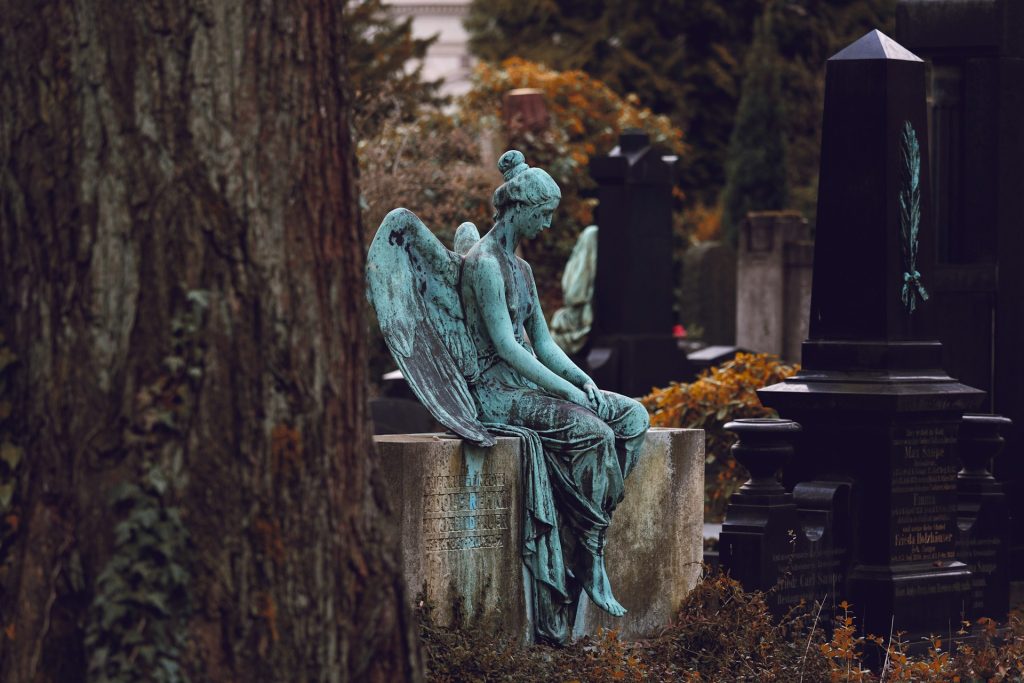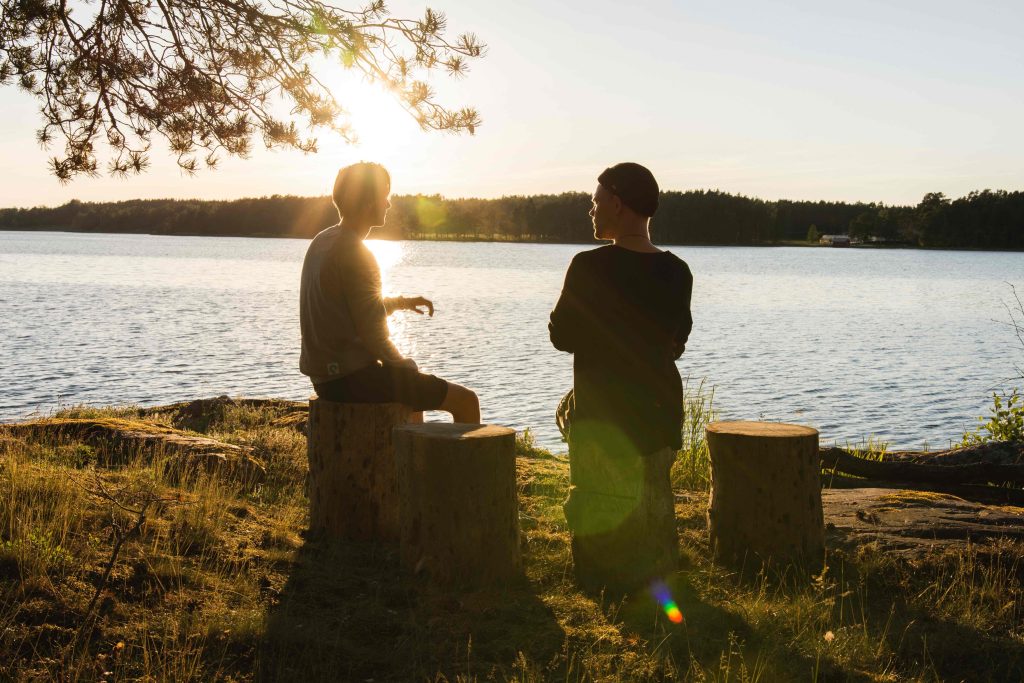Something Like Sanity | A Course Review of ‘Surviving the Future: The Deeper Dive’
featured photo | Stas Parechyn
You would expect a course about collapse – both ecological and societal – to be depressing. Not so with “Surviving the Future: The Deeper Dive,” Shaun Chamberlin’s ten-week course about the end of extractive civilization, and what comes after, offered via Sterling College.
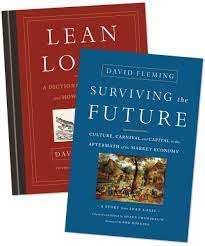
That’s not because the course peddles some overlooked strain of hopium with respect to reversing or “solving” the climate crisis. Rather, “Surviving the Future” often feels like a healing balm because it does not shy from the whole horrifying truth: we lost this one. Here is a place where you don’t have to pretend that there is still time, or that we can “green” our way to growth. Here is a space where you can shout “the emperor has no clothes!” and find understanding nods rather than awkward silences. In a world still so overwhelmingly in denial about “what time it is on the clock of the world,” to quote the late activist Grace Lee Boggs, this act of mirroring feels something like sanity.
I first heard about “Surviving the Future,” which takes its name from the late economist David Fleming, and the book by the same title that that Chamberlin published following Fleming’s death in 2010, from a roommate. I had recently fled New York City for Taos, New Mexico, hoping to get a bit of fresh air and critical distance from the media churn. I had been crying on a near daily basis about collapse since 2020, when the pandemic afforded me, and many others I suspect, enough respite from the hamster wheel to fully glimpse the breadth and depth of the polycrisis. “From my view down here on the carpet,” I wrote in an essay for the New York Times, “I see a system that, even if it bounces back to “normal,” I have no interest in rejoining, a system that is beginning to come undone.”
Yet even though I was firm that trying to save the system is a waste of precious energy at this point in the game, I felt alone. Friends got engaged, shopped for baby clothes, belted Taylor Swift at the karaoke bar. Meanwhile, I felt myself drifting away as the gulf between their sense of the future and mine unspooled. I did not know, back then, that “collapse aware” is a term that half a million people on Reddit alone use, or that several podcasts of this genre enjoy large audiences, or that thousands of kindred minds are signing up for courses like “Surviving the Future.” The greatest gift of the course, beyond the materials and lectures themselves, which are unusually excellent thanks to Chamberlin’s thoughtful curation, is the sense of community the course creates. This is no small thing given the extreme alienation of our times and what may be the only possible cure: intentional togetherness. In the words of Thich Nhat Hanh, the next Buddha may be a sangha.
At first, I had some resistance to bonding with a bunch of internet strangers. I have always been a Luddite by choice, perhaps because I am too young to remember a time when the internet was fun. I also tend to worry that virtual happenings, even when they facilitate something “positive,” can give us the illusion of having taken more action than we actually have; the equivalent of playing with the symbolic even as we say we wish to reclaim the real. I would listen to the lectures, bookmark all the materials, and get in and get out, I thought.
Quickly though, my curmudgeonly attitude began to melt when confronted with the caliber of humans enrolled, their steadfastness, and generosity of spirit. One key aspect of the course is a weekly discussion post. Students respond to one of three prompts written by Chamberlin, then comment on several of their peers’. Usually, my opinions about the sooness of collapse, or the animacy of nature, are met by skepticism or disregard from mainstream editors, who are usually deeply invested in their New York lives, and proud of their hard-nosed atheism. So it was cathartic to give voice to thoughts that rarely find an avenue in journalism, and even more cathartic to have those thoughts valued and encouraged. It made me realize how deep the feminine fear of “being too much” runs, and how much we censor ourselves for fear of being “unlikable” or impolite. In these forums, I found space to be authentic, even ugly. To be witnessed and held in this way is probably one of the deepest medicines we can give each other.
The receptiveness of the group also made me think about if we are all really one interconnected ecosystem, as we assuredly are, then the greatest thing each of us can do is be outrageously ourselves. It does an oak tree no good to pretend to be a pine; similarly we disservice not only ourselves but the whole by expressing anything less than whatever makes us wildly alive. Self-discovery and expression are not just things you selfishly do for you, but necessary in order for the whole to thrive.
Now that the course is over, the biggest takeaway I’m trying on for size is the idea that collapse may really be okay; that perhaps it’s all part of a divine plan we cannot see. “The time of the lone wolf is over,” say the Hopi elders in one of their more recent prophecies:
‘Gather yourselves! Banish the word ’struggle’ from your attitude and your vocabulary. All that we do now must be done in a sacred manner and in celebration. We are the ones we’ve been waiting for.’
Weekly resources shared in the course include songs, quotes, numerous recordings with leading thinkers and excellent links such as this interactive flowchart.
I Want a Better Catastrophe
Andrew Boyd | Book and original flowchart
Similarly, Dr. Lyla June, an indigenous musician, scholar, and organizer introduced the idea to us that collapse may be the greatest gift ever from Creator. I admit I have a hard time reconciling this idea, (which is no doubt right on a cosmic timescale…after all, the arc of justice is long), with the idea that we will likely experience violence, and watch our loved ones experience violence, in our lifetime. Then again, the system is already violent, and has simply imposed those costs on other people somewhere else. When natural law takes effect, and the consequences of our actions are felt at home, we will be “deserving,” not in a sense that we, as individuals, have sinned, but rather that we are not special in our white Western softness and safety. Still, I wrestle – surely the impulse to protect your loved ones, and those in need, is not wrong? After all, Noah built his ark. Joseph told Pharaoh to store grain. Historically, the ones who make it are not the ones who underestimate the danger.
This is essentially my one criticism of the course: it focuses on imagined futures much more than practical matters. Despite the name, “Surviving the Future,” there is little airtime given to “prepping” or “planning,” which I found odd, and at times, overly romantic. How are we going to build a more beautiful future on the other side of collapse if we don’t live long enough to transition?
Yet the genius of the course is that its decentralized design encourages affinity groups to coalesce and continue on, long after the course is over. Already, a subgroup called “Practical and Realistic Imagined Futures” has formed, where members craving more greenhouses and HAM radios are continuing to meet. If there is one thing I know, it’s that we can only make it through together. Perhaps this has been the point all along.
About
The Course
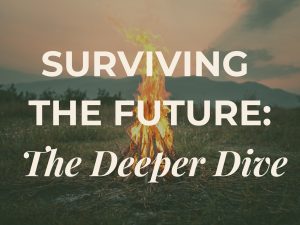 The Deeper Dive offers a long moment — a 10-week opportunity — to slow down, pull back, and explore responses as part of a small global community, among and alongside some of the world’s leading thinkers and doers. Last time, we were joined in live conversation by the diverse likes of Vandana Shiva, Isabelle Frémeaux, Rob Hopkins, Nate Hagens, Eve Annecke, Mark Boyle, Lyla June and Iain McGilchrist. Always oversubscribed, the Deeper Dive nonetheless offers inclusive sliding-scale pricing and trust-based scholarships, to enable its diverse and global participation. Repeat enrollees most welcome! For notification when enrollment opens, signup at: https://tinyurl.com/StFDD
The Deeper Dive offers a long moment — a 10-week opportunity — to slow down, pull back, and explore responses as part of a small global community, among and alongside some of the world’s leading thinkers and doers. Last time, we were joined in live conversation by the diverse likes of Vandana Shiva, Isabelle Frémeaux, Rob Hopkins, Nate Hagens, Eve Annecke, Mark Boyle, Lyla June and Iain McGilchrist. Always oversubscribed, the Deeper Dive nonetheless offers inclusive sliding-scale pricing and trust-based scholarships, to enable its diverse and global participation. Repeat enrollees most welcome! For notification when enrollment opens, signup at: https://tinyurl.com/StFDD
Course Developer and Moderator, Shaun Chamberlin
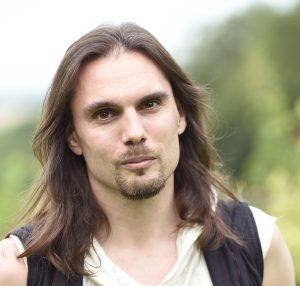
Shaun was involved with the Transition Towns network from its inception, co-founding Transition Town Kingston and authoring the movement’s second book, The Transition Timeline, in 2009. In exploring the cultural narratives charting society’s course, he has since been one of Extinction Rebellion’s first arrestees, chair of the Ecological Land Co-operative, a director of the campaigning organisation Global Justice Now and (for his sins) an advisor to the UK Department of Energy and Climate Change. He has written and edited diverse publications, including conceiving and creating the book Surviving the Future: Culture, Carnival, and Capital in the Aftermath of the Market Economy from the work of his late mentor David Fleming, and spoken at venues from Occupy camps to Parliaments.



